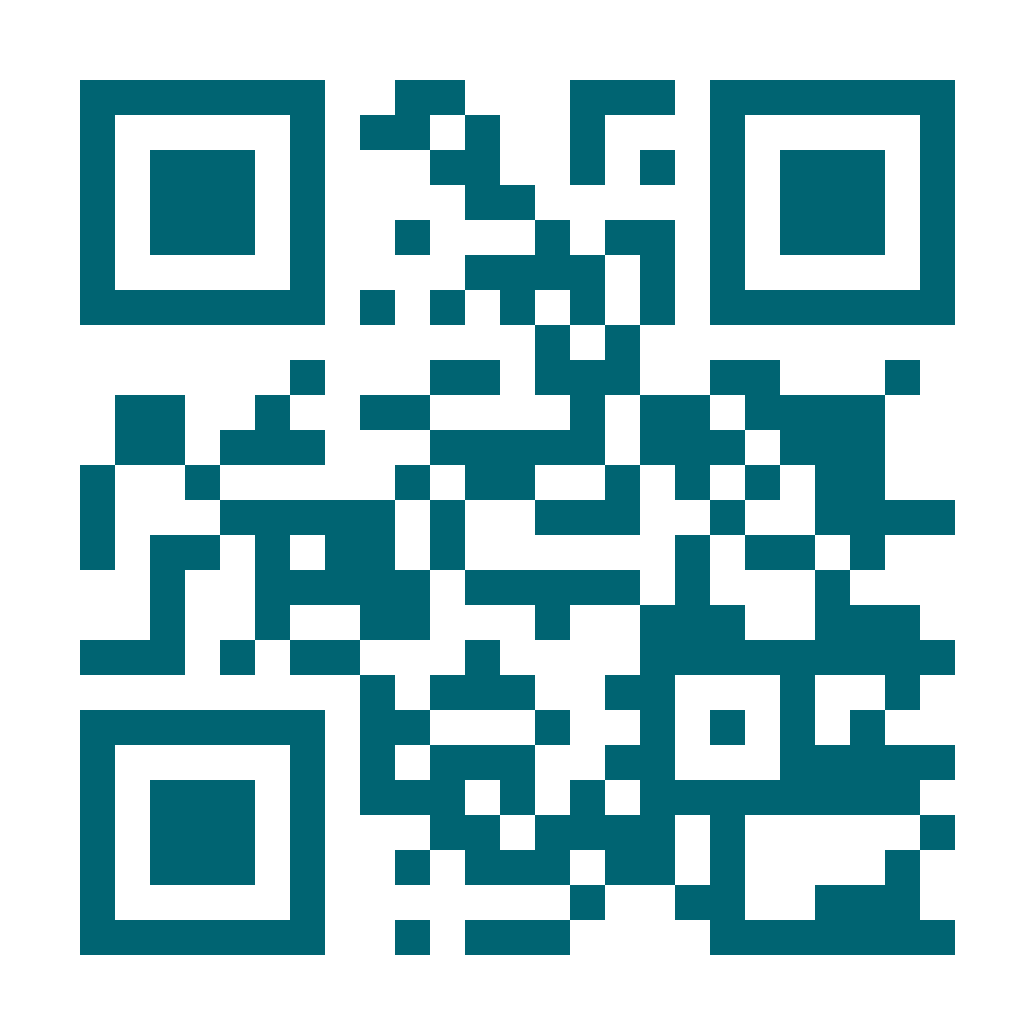Online Applications
The first step in the recruitment process is your online application. Stand out by showcasing your skills, experience, and educational background.
Take the time to digest the advert – this will help you understand what we are looking for. Showcase your best self in your online application.
Include your resume in the application – it is your DNA and the first time we get to learn about you. Make sure you share your work experience, education and highlight key skills.
Remember to include:
- Contact details – Your legal name and any preferred names, your suburb and state, best contact number and email address
- References - two recent references we can contact


Resumes
Resumes
It is a good idea to tailor your resume to demonstrate how your skills; knowledge; strengths and professional work experience align to the role you are applying for. Take out details that are not relevant to the position you are applying for and emphasise the skills that match the position.
Ensure your resume is structured appropriately and contains the following information:
- Contact details – Your legal name and any preferred names, your suburb and state, best contact number and email address
- Career Summary - A few sentences describing your professional work history e.g. I am a Registered Nurse with over three years of experience in the aged care industry
- Education - Details and dates of your education, training and/or study achievements
- Skills - A few dot points highlighting your major skills e.g. Graduate Certificate in Dementia Care
- Employment History - Starting from your most recent position:Title; company and specific dates you worked there e.g. Registered Nurse with 5+ Years Post Graduate Experience in Aged Care
- Duties and achievements - A few dot points describing the duties you performed in the role e.g. Responsible for the MSU in the following Aged Care Residences
- References - Two work references
Phone Screens
Prior to a face-to-face interview you may be asked to participate in a phone screen which generally takes approximately 15 minutes.
This gives our talent acquisition team members an opportunity to learn about you and for you to learn more about the role at Estia Health. Our team will also provide you with details of the recruitment process and anticipated timeframes.


Recruitment days
Recruitment days
As part of the recruitment process, you may be invited to attend a recruitment day.
Recruitment days are an alternative to a one-on-one interview and are a great way for us to see how you work as part of a team and engage with others.
Recruitment days can be a little daunting, focus on just being yourself, that is all we are looking for! The key to feeling confident when attending a recruitment day is to be prepared. Here are a few tips to help settle the nerves:
- Be on time and in the right place
- Know where to go for the recruitment day and arrive with plenty of time to spare
- Make a great first impression. Ensure you are groomed appropriately for the role
- Be friendly and courteous by introducing yourself. This will also make you feel at ease when conducting team assessment activities
- Use good communication skills
- Don’t cut anyone off while they are speaking and speak with confidence
- Use positive body language. Pay attention to your body language to ensure you represent yourself as being engaged, professional, personal and confident
Behavioural interviews
At Estia Health, we pride ourselves in matching the right person to the right job. To help us select the right person, we undertake behavioural interviewing, which allows us to gauge how a person will perform their duties based on their prior behaviour in the workplace.
To prepare for an interview it is suggested that you:
- Create a good first impression: groom for the occasion and act in a professional manner
- Ensure you arrive on time and have prepared any documentation required from you
- Take the time to understand the working environment of the home where the role will be based and or understand our support functions
- Prepare for any likely questions you may be asked about the role
- Structure your responses. Think about the question before jumping to a response; structure your responses by describing the situation, what action you undertook and the result of your action.
